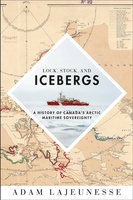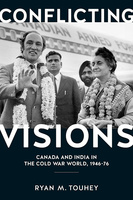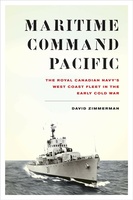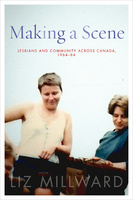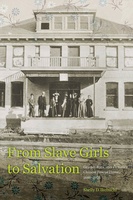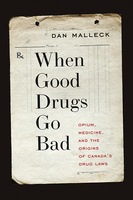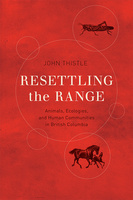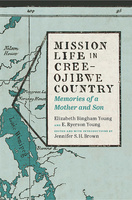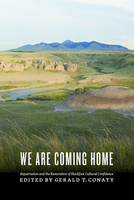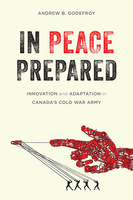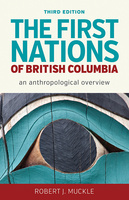Lock, Stock, and Icebergs
A History of Canada’s Arctic Maritime Sovereignty
Lock, Stock, and Icebergs recounts the events, pressures, and behind-the-scenes negotiations that shaped Canada’s legal claim to the Northwest Passage and the waters of the Arctic Archipelago.
Conflicting Visions
Canada and India in the Cold War World, 1946-76
Conflicting Visions recounts the Cold War history of Canada’s turbulent diplomatic relationship with India, from India’s independence through to its controversial emergence as a nuclear power, using Canadian technology to help build its first nuclear device.
Maritime Command Pacific
The Royal Canadian Navy’s West Coast Fleet in the Early Cold War
One of Canada’s leading military historians recounts the story of the Canadian navy’s Pacific fleet during the tense years of the early Cold War.
Making a Scene
Lesbians and Community across Canada, 1964-84
A celebratory history of how lesbians “made a scene” by creating places and opportunities to form relationships, debate politics, and build their own culture across Canada.
From Slave Girls to Salvation
Gender, Race, and Victoria’s Chinese Rescue Home, 1886-1923
A fascinating and critical study of the Chinese Rescue Home, an iconic institution in Victoria, BC, where members of the Women’s Missionary Society taught domestic skills to Chinese and Japanese women believed to be prostitutes, slave girls, or to be at risk of falling into these roles.
Beyond Testimony and Trauma
Oral History in the Aftermath of Mass Violence
By challenging the ways that survivors of mass violence are typically understood as either eyewitnesses to history or victims of it, the contributors to this volume ask us to go “beyond testimony” to embrace sustained listening and collaborative research design.
So They Want Us to Learn French
Promoting and Opposing Bilingualism in English-Speaking Canada
So They Want Us to Learn French examines how and why Canadians both embraced and virulently opposed the ideal of personal bilingualism over the past fifty years, detailing and analyzing the strategies that social movements on both sides used to advance their goals.
When Good Drugs Go Bad
Opium, Medicine, and the Origins of Canada’s Drug Laws
This intoxicating look at the history of drug regulation in Canada reveals how a variety of social and political forces converged at the turn of the twentieth century to transform both public attitudes toward, and access to, narcotics.
Grit
The Life and Politics of Paul Martin Sr.
Grit examines the remarkable life and political career of Paul Martin Sr., a liberal reformer and cabinet minister from 1945 to 1968, who championed health care and pension rights, new meanings for Canadian citizenship, and internationalism in world affairs.
Resettling the Range
Animals, Ecologies, and Human Communities in British Columbia
This unconventional history looks at the resettlement of interior British Columbia from the perspective of campaigns to exterminate grasshoppers and wild horses, creatures considered by some to be pests.
Hobohemia and the Crucifixion Machine
Rival Images of a New World in 1930s Vancouver
Mission Life in Cree-Ojibwe Country
Memories of a Mother and Son
The previously unpublished memoirs of mother and son from a prominent missionary family living near Norway House in the early 1900s.
We Are Coming Home
Repatriation and the Restoration of Blackfoot Cultural Confidence
The story of the highly complex process of of sacred objects to Aboriginal peoples from the Glenbow Museum.
In Peace Prepared
Innovation and Adaptation in Canada’s Cold War Army
This book explores how the Canadian Army prepared for the possibility of a Third World War and how its innovations and adaptations laid the groundwork for the evolution of our national army.
The First Nations of British Columbia, Third Edition
An Anthropological Overview
The First Nations of British Columbia is a concise and accessible introduction to histories, cultures, and issues of the First Peoples of BC.

